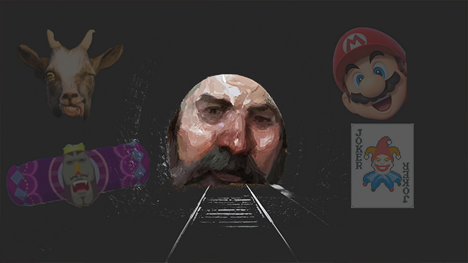
At a Glance
- Streamer Dr Disrespect was ousted from his own studio after being accused of inappropriately messaging a minor on Twitch.
- He admitted to sending the messages in a defiant Twitter thread insisting he did nothing wrong.
- His sudden ousting is a warning for developers about close relationship with outrage-farming influencers.
Herschel "Guy" Beahm IV, streaming alias "Dr Disrespect" is quickly becoming a pariah in the video game community. This week he was accused of allegedly sending sexually explicit messages to a minor through a now-defunct direct messaging service on Twitch, which was the cause for his 2020 ban from the platform.
Things escalated fast after a former Twitch employee surfaced the allegation publicly, adding that he'd allegedly tried to set up an in-person meeting with the minor which led to fast corroboration from Bloomberg and The Verge. The game studio Beahm co-founded, Midnight Society, announced it had investigated the claims and that he would be parting ways with the company.
Then he came out on Twitter and admitted to sending the messages. He denied he attempted to meet with the minor in question.
The fallout is still ongoing. Sponsors like Turtle Beach and the San Francisco 49ers are dropping him, and former supporters are suddenly going mum. After he comes back from his "hiatus," he may have a loyal following willing to forgive his transgressions, but I personally would not want any fans who think sending inappropriate messages to a minor is a-OK.
What a way to land in a hell of your own making.
But the game industry must do more than rubberneck at Beahm's downfall like a passing car accident. Beahm is just one of many shock jock-style "content creators" who build audiences on the back of livestreamed abrasive commentary and outlandish stunts. He's referred to his onscreen identity as a "character," but he and other streamers count on "authenticity" to rope in audiences eager to see the show.
Studios need to look closely at what they're supporting—or risk enabling something dangerous and unacceptable happening again.
Dr. Disrespect's behavior already crossed a line
Beahm's sponsors had multiple opportunities to part ways with the popular streamer before this point. In 2018, actor Jimmy Wong pointed out that the streamer would regularly slip into a racist Chinese impression, an accusation to which Beahm defended himself by saying he had "many Asian friends," and that he did not hate them.
In 2019, Beahm repeatedly filmed himself entering a public restroom at E3, securing a lifetime ban by the ESA and a temporary ban on Twitch. In May 2020—right after he signed an exclusive deal to stream on Twitch—he proliferated COVID-19 conspiracy theories by streaming a video fraudulently claiming the virus was called by 5G towers.
His exclusivity deal only lasted three months. Somewhere in the intervening time period, Twitch would learn about the messages he'd sent and consequently banned him. Chat platform Discord remove him from its partnership program, stating it had received a report from a "trusted industry peer."
Despite Twitch and Discord's lifetime bans, and his previous behavior, YouTube didn't object when he announced his move to the platform.
He flirted with varying forms of transphobia in 2023 around the release of Starfield and defended a streamer whose custom cosmetic skins were removed from Call of Duty Modern Warfare 2 following blatantly homophobic and transphobic comments.
Through it all, Beahm picked up sponsorship deals with companies like FanDuel, Turtle Beach, Gillette, Asus, Razer, Mountain Dew and American Football team the San Francisco 49ers. He had partnerships with Call of Duty, Rogue Company, and Skybound Entertainment. Adweek said partnerships with him "could be worth the polarization."
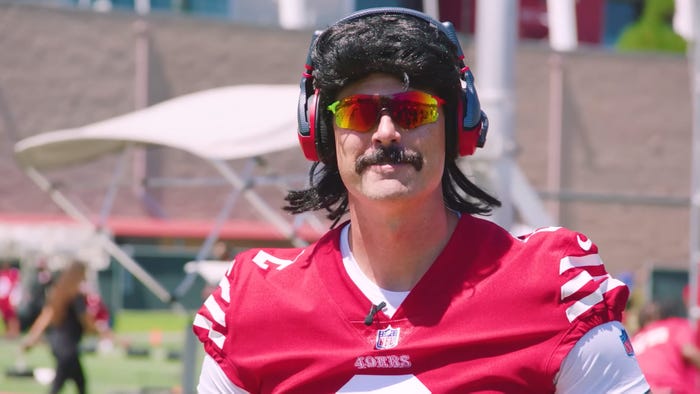
Image via Dr Disrespect/YouTube.
As long as Dr. Disrespect was good for business, few of his business partners would object to his outlandish behavior. Why would any of them do otherwise? The message was clear: The Dr Disrespect brand was good for business, and he wouldn't face consequences as long as he kept all his transgressions in character.
We can't say for certain if that's what he was thinking when he sent reportedly explicit messages to a minor—certainly his fame had something to do with why he was speaking to them in the first place—but his business partners and fans certainly gave him reason to think he could get away with anything he wanted.
The consequences have come—but their long-delayed arrival may not be nearly enough of a warning sign to other bad actors in the video game space.
Tolerance for bad behavior fuels more bad behavior
This leads us to an uncomfortable fact: Beahm was not the only id-fueled streaming personality to secure high-profile sponsorships. Unfortunately such streamers are among the most popular today. Outrage and outlandishness draws eyeballs, and many sponsors are comfortable working with streamers who've run the gamut from dropping slurs onstream to promoting products without disclosing their being paid or being invested in what's being advertised.
It's unclear if this category of content creator is any more prone to predatory behavior than others. After all, plenty of "wholesome" personalities will use their fame and parasocial relationships with audience to groom and possibly abuse fans. But Beahm's vile transgressions tell us a clear story: this is who he was the whole time. He sent messages to minors while taking sponsorship money from major companies. The trash-talking, the low-level bigotry, and the storming into bathrooms while filming—that wasn't a character. That was just Beahm.
He's not the only content creator who behaves this way. The successful ones follow in his footsteps, putting on a big public persona of a character and acting more amiable when it's time to sign business deals. It's not easy for any company to unpack which ones are truly putting on an act and which ones are becoming the mask. But it's time to at least acknowledge you can take these people at face value when they make such comments.
This could have all been stopped in 2019. Twitch deserves credit for taking action as soon as it saw Beahm's inappropriate messages, but the fact they didn't permanently ban him after the bathroom invasion was a signal that he could be forgiven for boundary-pushing behavior. The same goes for companies that chose to either keep working with him or sign new deals with him.
If they'd taken his behavior much more seriously much sooner, this moment could have been avoided. If they worried less about "brand safety" and more about the cause and effect of casual bigotry, and privacy-violating stunts, this could have been avoided.
And if the game industry and its adjacent businesses act smartly right now, and stop backing creators who behave like Beahm did, it can be avoided in the future.
Update: A previous version of this story stated that Dr Disrespect had been banned from Discord. He was only removed from its official partner program.
About the Author(s)
You May Also Like




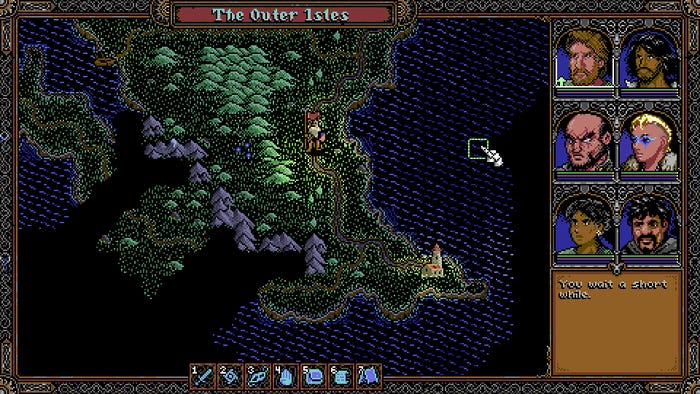
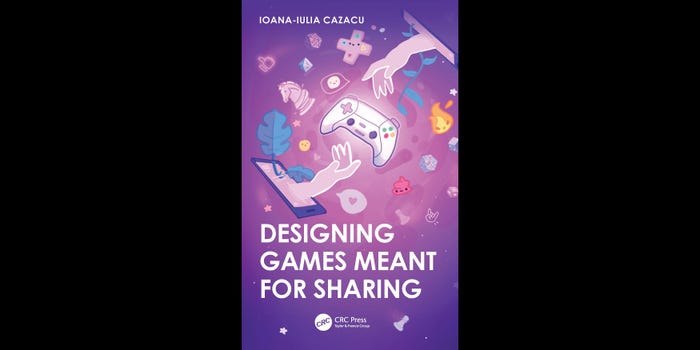

.jpeg?width=700&auto=webp&quality=80&disable=upscale)


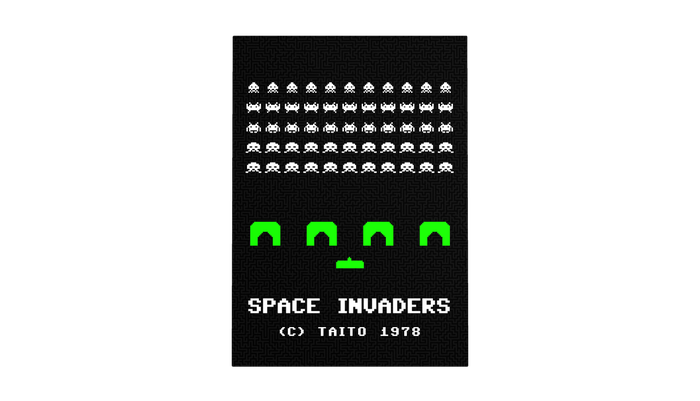
.jpg?width=700&auto=webp&quality=80&disable=upscale)
